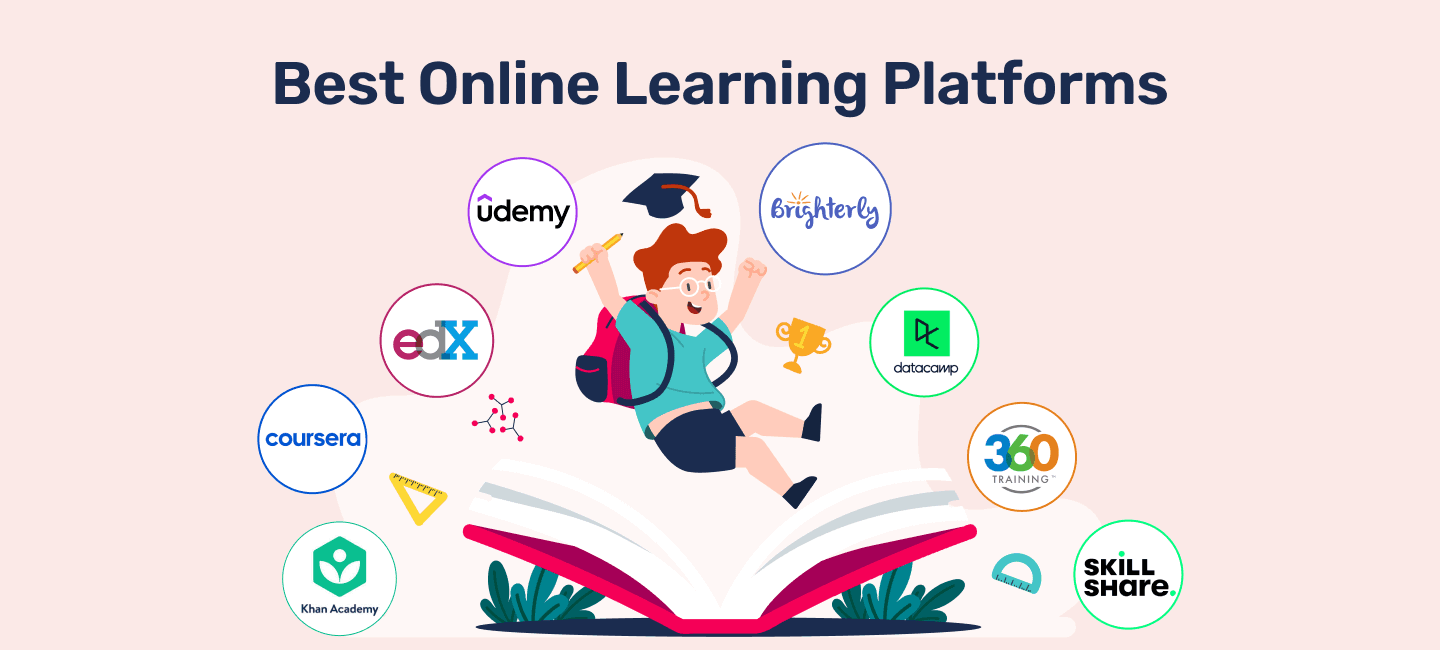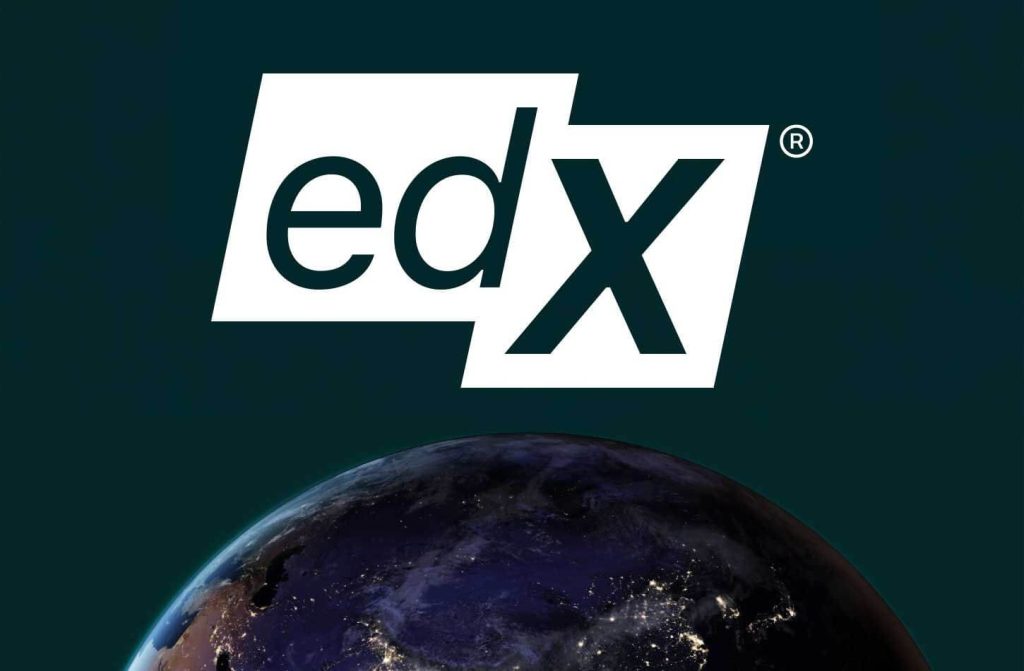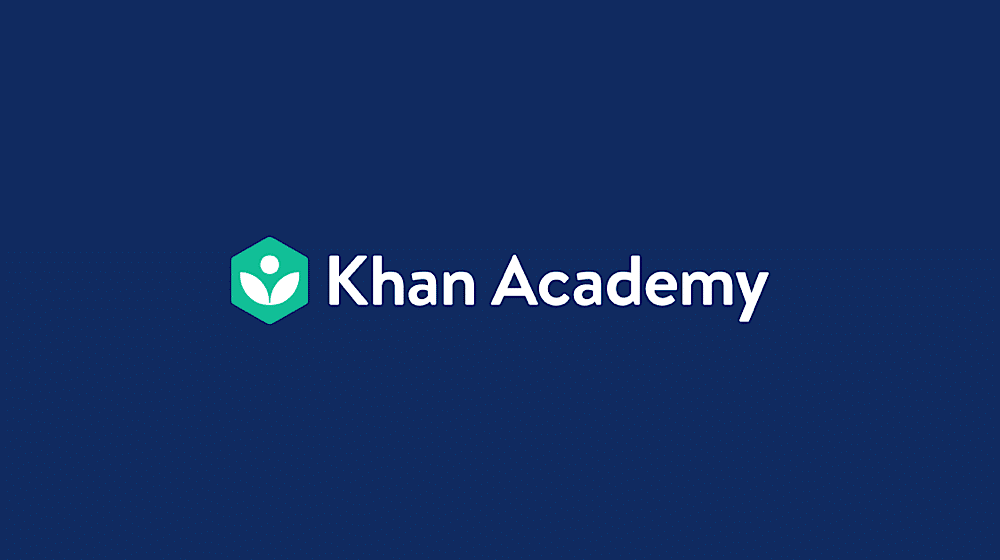7 Best Online Learning Platforms You Should Try

In today’s fast-paced world, the demand for continuous learning and skill development has never been higher. Whether you’re looking to advance your career, pick up a new hobby, or simply expand your knowledge, online learning platforms offer a convenient and flexible way to achieve your goals. With a plethora of options available, it can be overwhelming to choose the right platform for your needs. To help you navigate this landscape, we’ve compiled a list of the 7 best online learning platforms you should try. These platforms cater to a wide range of interests and skill levels, ensuring that there’s something for everyone.
1. Coursera
Overview
Coursera is one of the most well-known online learning platforms, offering a vast array of courses from top universities and institutions around the world. Founded in 2012 by Stanford University professors Andrew Ng and Daphne Koller, Coursera has grown to become a leader in the online education space.
Key Features
- Wide Range of Courses: Coursera offers over 4,000 courses in various subjects, including business, computer science, data science, health, and more.
- University Partnerships: Courses are created in collaboration with prestigious universities like Stanford, Yale, and the University of London.
- Certifications: Many courses offer certificates upon completion, which can be added to your LinkedIn profile or resume.
- Specializations and Degrees: Coursera also offers specialized programs and even full online degrees in partnership with universities.
Pros
- High-quality content from top institutions.
- Flexible learning schedules.
- Affordable pricing compared to traditional education.
Cons
- Some courses can be expensive, especially degree programs.
- Limited interaction with instructors.
Who Should Use Coursera?
Coursera is ideal for individuals looking for accredited courses and certifications from reputable institutions. It’s particularly beneficial for professionals seeking to advance their careers or gain new skills in a structured environment.
2. Udemy
Overview
Udemy is a popular online learning platform that offers a wide range of courses on virtually any topic imaginable. Founded in 2010, Udemy has become a go-to platform for both learners and instructors, with over 155,000 courses available.
Key Features
- Diverse Course Catalog: Udemy offers courses in categories like business, technology, personal development, design, and more.
- Lifetime Access: Once you purchase a course, you have lifetime access to the content, including any updates.
- Instructor-Led: Courses are created and taught by industry experts and professionals.
- Affordable Pricing: Udemy frequently offers discounts, making courses very affordable.
Pros
- Extensive course library.
- Lifetime access to purchased courses.
- Frequent discounts and promotions.
Cons
- Quality can vary since anyone can create a course.
- No accreditation for most courses.
Who Should Use Udemy?
Udemy is perfect for individuals looking for affordable, self-paced learning on a wide range of topics. It’s great for hobbyists, professionals, and anyone looking to learn new skills without a significant financial investment.

3. edX
Overview
edX is a nonprofit online learning platform founded by Harvard University and MIT in 2012. It offers high-quality courses from some of the world’s best universities and institutions, with a focus on providing accessible education to everyone.
Key Features
- University Courses: edX offers courses from top universities like Harvard, MIT, Berkeley, and more.
- MicroMasters and Professional Certificates: These programs provide in-depth knowledge in specific fields and can be used as credit towards a full degree.
- Free Courses: Many courses are available for free, with the option to pay for a verified certificate.
- Self-Paced Learning: Most courses are self-paced, allowing you to learn at your own speed.
Pros
- High-quality courses from prestigious institutions.
- Free access to course materials.
- Opportunities to earn college credit.
Cons
- Certificates can be expensive.
- Limited interaction with instructors.
Who Should Use edX?
edX is ideal for learners seeking high-quality, university-level courses and certifications. It’s particularly beneficial for those looking to gain college credit or advance their careers with professional certificates.
4. LinkedIn Learning (formerly Lynda.com)
Overview
LinkedIn Learning is an online learning platform that offers courses in business, technology, and creative skills. Acquired by LinkedIn in 2015, the platform integrates seamlessly with LinkedIn profiles, making it easy to showcase your completed courses and certifications.
Key Features
- Expert-Led Courses: Courses are taught by industry experts and professionals.
- LinkedIn Integration: Completed courses and certifications can be added directly to your LinkedIn profile.
- Personalized Recommendations: The platform offers course recommendations based on your LinkedIn profile and career goals.
- Mobile App: LinkedIn Learning offers a mobile app for learning on the go.
Pros
- High-quality, professional courses.
- Integration with LinkedIn profiles.
- Personalized learning paths.
Cons
- Subscription-based model can be expensive.
- Limited free content.
Who Should Use LinkedIn Learning?
LinkedIn Learning is perfect for professionals looking to enhance their skills and advance their careers. It’s particularly useful for those who want to showcase their certifications on their LinkedIn profiles.
5. Skillshare
Overview
Skillshare is an online learning platform that focuses on creative skills, including design, photography, writing, and more. Founded in 2010, Skillshare has grown to become a popular platform for creatives and hobbyists.
Key Features
- Creative Focus: Skillshare offers thousands of courses in creative fields like design, photography, writing, and more.
- Project-Based Learning: Many courses include hands-on projects to help you apply what you’ve learned.
- Community Interaction: Skillshare encourages interaction between students and instructors through discussions and feedback.
- Affordable Subscription: Skillshare offers a subscription model that gives you access to all courses for a monthly fee.
Pros
- Affordable subscription model.
- Focus on creative skills.
- Hands-on, project-based learning.
Cons
- Limited focus on non-creative subjects.
- Quality can vary between courses.
Who Should Use Skillshare?
Skillshare is ideal for creatives and hobbyists looking to learn new skills or improve existing ones. It’s also great for those who prefer hands-on, project-based learning.

6. Khan Academy
Overview
Khan Academy is a nonprofit online learning platform that offers free educational resources for students of all ages. Founded in 2008 by Salman Khan, the platform initially focused on math but has since expanded to include a wide range of subjects.
Key Features
- Free Access: All courses and resources on Khan Academy are completely free.
- Wide Range of Subjects: Khan Academy offers courses in math, science, history, economics, and more.
- Personalized Learning: The platform offers personalized learning paths and practice exercises to help students master concepts.
- K-12 Focus: Khan Academy is particularly popular among K-12 students and teachers.
Pros
- Completely free access to all resources.
- Wide range of subjects and grade levels.
- Personalized learning paths.
Cons
- Limited advanced or specialized courses.
- No certifications or credentials offered.
Who Should Use Khan Academy?
Khan Academy is perfect for students of all ages, particularly K-12 students, who are looking for free, high-quality educational resources. It’s also great for parents and teachers looking to supplement traditional education.
7. Pluralsight
Overview
Pluralsight is an online learning platform that focuses on technology and IT skills. Founded in 2004, Pluralsight has become a leading platform for professionals looking to advance their careers in tech.
Key Features
- Tech-Focused: Pluralsight offers courses in software development, IT operations, data science, and more.
- Skill Assessments: The platform offers skill assessments to help you identify areas for improvement.
- Learning Paths: Pluralsight provides curated learning paths to help you achieve specific career goals.
- Expert Instructors: Courses are taught by industry experts and professionals.
Pros
- Focus on technology and IT skills.
- Skill assessments and learning paths.
- High-quality, expert-led courses.
Cons
- Subscription-based model can be expensive.
- Limited focus on non-tech subjects.
Who Should Use Pluralsight?
Pluralsight is ideal for tech professionals looking to advance their careers or learn new skills in software development, IT, and data science. It’s particularly useful for those who want to stay up-to-date with the latest technology trends.
Conclusion
The world of online learning is vast and varied, offering something for everyone, regardless of your interests or career goals. Whether you’re looking to gain new skills, advance your career, or simply learn something new, the platforms listed above provide a wealth of resources to help you achieve your goals. From university-backed courses on Coursera and edX to creative classes on Skillshare and tech-focused learning on Pluralsight, there’s no shortage of options to explore.
When choosing an online learning platform, consider your goals, budget, and preferred learning style. Some platforms offer free courses, while others require a subscription or one-time payment. Additionally, think about whether you need a certification or credential, as not all platforms offer accredited courses.
Ultimately, the best online learning platform is the one that aligns with your needs and helps you achieve your learning objectives. So, take the time to explore these platforms, try out a few courses, and embark on your journey of lifelong learning. With the right resources and a commitment to growth, the possibilities are endless.



